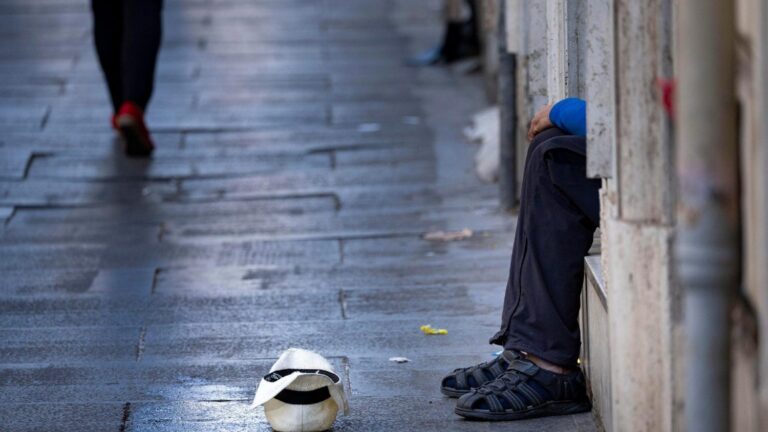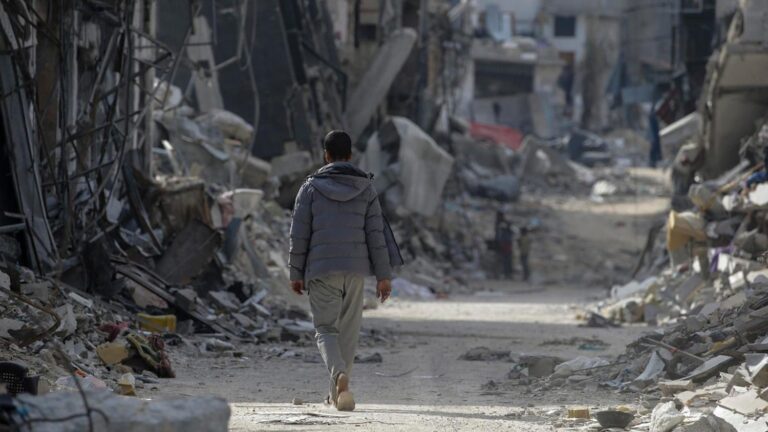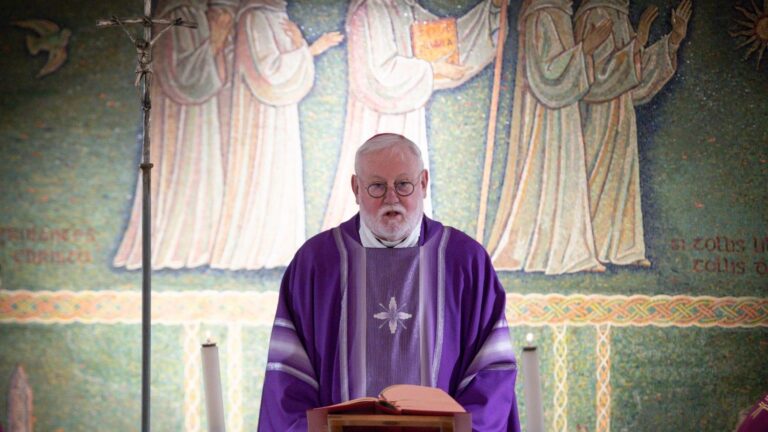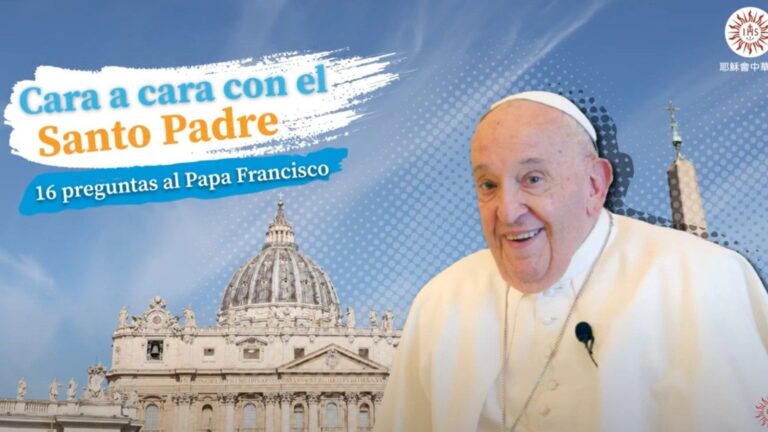Cardinal Parolin: ‘We can’t resign ourselves to the inevitability of war’
In an interview with our editorial director marking 1,000 days since the full-scale Russian invasion of Ukraine, Cardinal Secretary of State Pietro Parolin denounces the continued suffering of the martyred Ukrainian people and calls again for stronger diplomatic efforts to put an end to the carnage.
By Andrea Tornielli
“We cannot resign ourselves to the inevitability of war!” Cardinal Pietro Parolin forcefully reaffirmed this point in an interview with Vatican media, on the occasion of the 1000 days of the Russian invasion of Ukraine, on November 19, on the eve of his departure for the G20 in Brazil, the Vatican’s secretary of state expressed hope that this would come true. This sad day “could awaken a sense of responsibility in everyone, especially in those who can stop the ongoing carnage.”
In July this year, Cardinal Parolin visited Ukraine, visiting Lviv, Odessa and kyiv.
Here is the text of the interview.
What is your state of mind on this occasion?
Cardinal Parolin: This can only be a deep sadness because we cannot get used to or remain indifferent to the news that reaches us every day of more death and destruction. Ukraine is a nation attacked and martyred, witness to the sacrifice of entire generations of men, young and old, torn from their studies, their work and their families to be sent to the front. She experiences the tragedy of those who see their loved ones die from bombs or drone strikes and the suffering of those who have lost their homes or are forced to live in precarious conditions because of the war.
What can we do to help Ukraine?
Cardinal Parolin: First of all, as Christian believers, we can and should pray. We must cry out to God to convert the hearts of the “warlords.” We must continue to ask for the intercession of Mary, who is particularly venerated in these lands which received Baptism many centuries ago.
Second, we can commit that our solidarity will never waver towards those who suffer, who need care, who endure the cold or who lack everything. The Church in Ukraine does a lot for the people, sharing every day the fate of a nation at war.
Third, we can raise our voices as a community, as a people, to demand peace. We can shout and demand that peace initiatives be listened to and taken into consideration. We can express our rejection of war and the crazy arms race, which Pope Francis continues to denounce. A feeling of helplessness in the face of what is happening is understandable, but it is even more true that together, as one human family, we can do much.
What do we need today to at least stop the sound of guns?
It is appropriate to say “at least stop the sound of weapons”. Because negotiating a just peace takes time, while a truce shared by all parties involved – made possible primarily by Russia, which initiated the conflict and should cease its aggression – could come in just a few hours, if only will existed. As the Holy Father often says, we need people ready to bet on peace and not on war, individuals aware of the enormous responsibility represented by the continuation of a conflict with disastrous consequences, not only for Ukraine but for all of Europe and the world.
This war risks dragging us into a nuclear confrontation, a descent into the abyss. The Holy See is trying to do everything it can, maintaining open channels of dialogue with everyone, but it seems that the time of history has been reversed. Diplomatic efforts, patient dialogue and creative negotiations seem to have disappeared, considered relics of the past. It is the victims, the innocent, who pay the price. War deprives generations of children and young people of the future, creates division and fuels hatred.
We desperately need statesmen with far-sighted vision, capable of courageous acts of humility, and thinking for the good of their people. Forty years ago, in Rome, the Peace Treaty was signed between Argentina and Chile, resolving the Beagle Channel conflict with the mediation of the Holy See. A few years earlier, the two nations were on the brink of war, with armies already mobilized. Everything has been stopped, thank God: countless lives have been spared, many tears have been avoided. Why can’t this spirit be rediscovered today in the heart of Europe?
Do you think there is room for negotiation today?
Cardinal Parolin: Even if the signals are not positive, negotiation is still possible and desirable for anyone who rightly values the sanctity of human life. Negotiating is not a sign of weakness but of courage. The path of “honest negotiations” and “honorable compromises” – referring here to the words of Pope Francis during his recent trip to Luxembourg and Belgium – is the main path that must be followed by those who hold the destiny of peoples in their hands. . Dialogue is only possible when there is at least a minimum level of trust between the parties, which requires everyone’s good faith. If there is no trust, even to a small extent, and actions lack sincerity, everything remains at a standstill.
In Ukraine, the Holy Land and many other parts of the world, fighting and deaths continue. We cannot resign ourselves to the inevitability of war! I sincerely hope that this sad day, the thousandth since the beginning of the military aggression against Ukraine, will awaken a sense of responsibility in everyone, especially among those who can put an end to the ongoing carnage.






